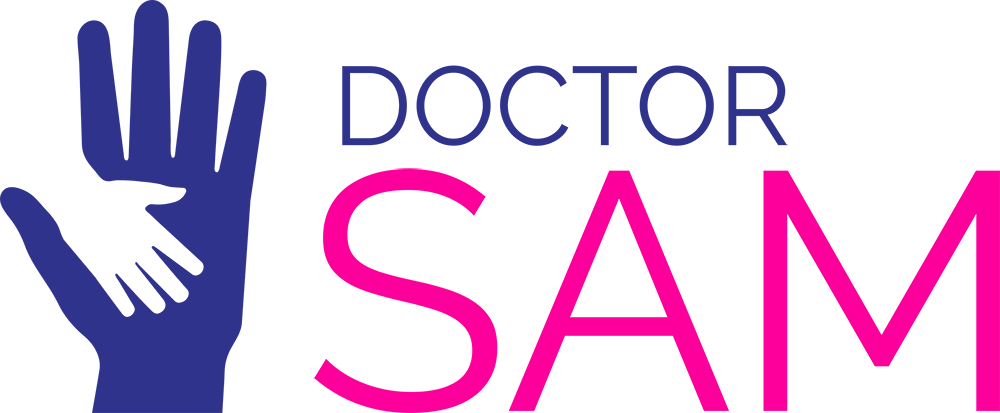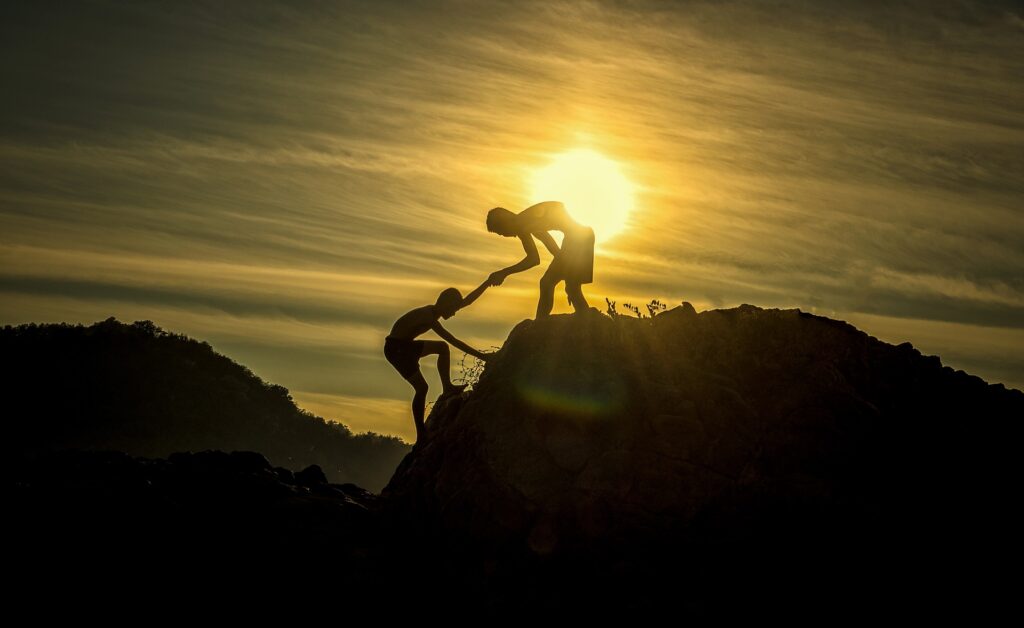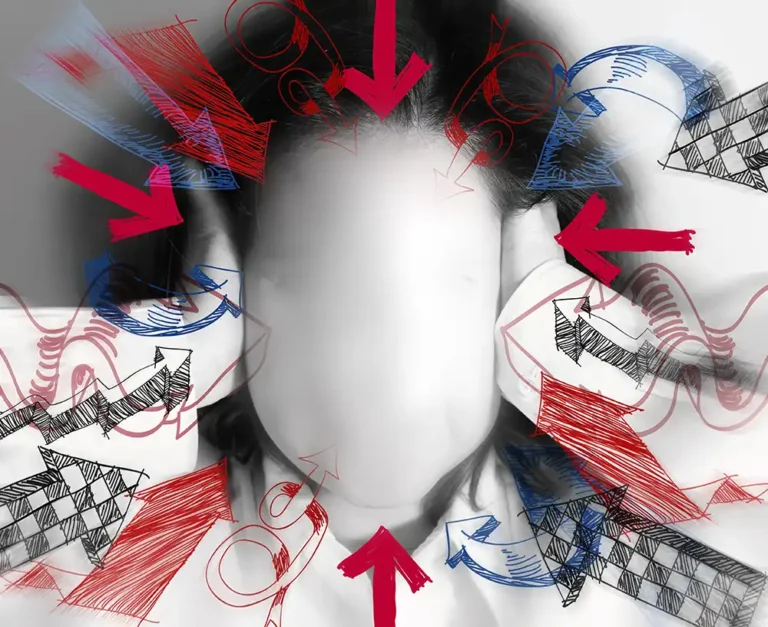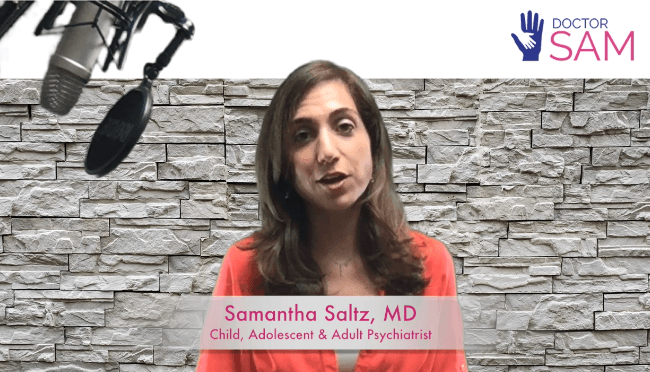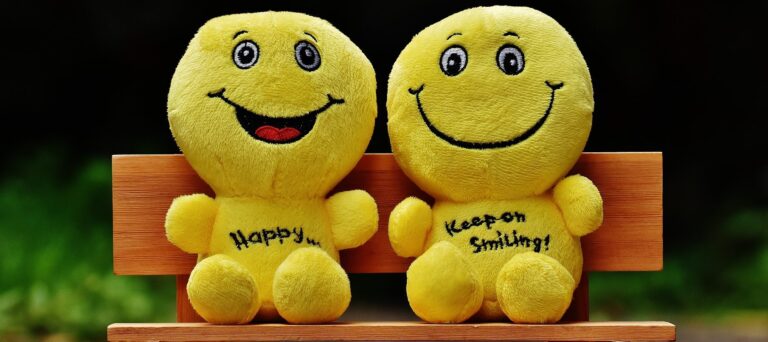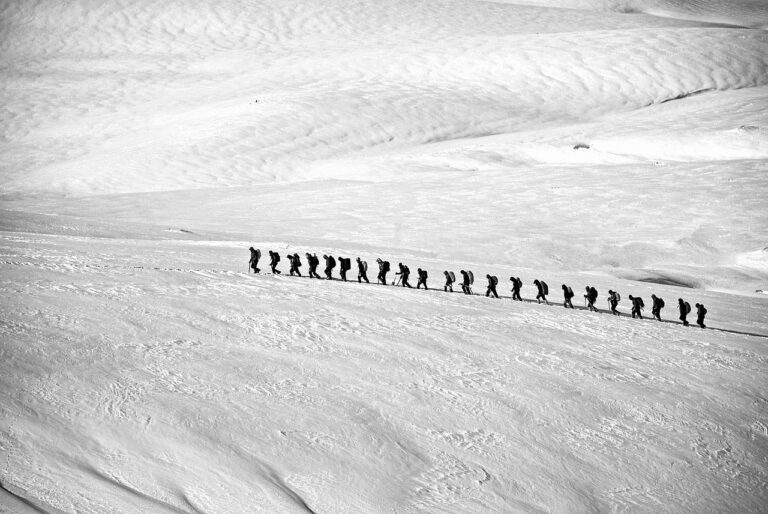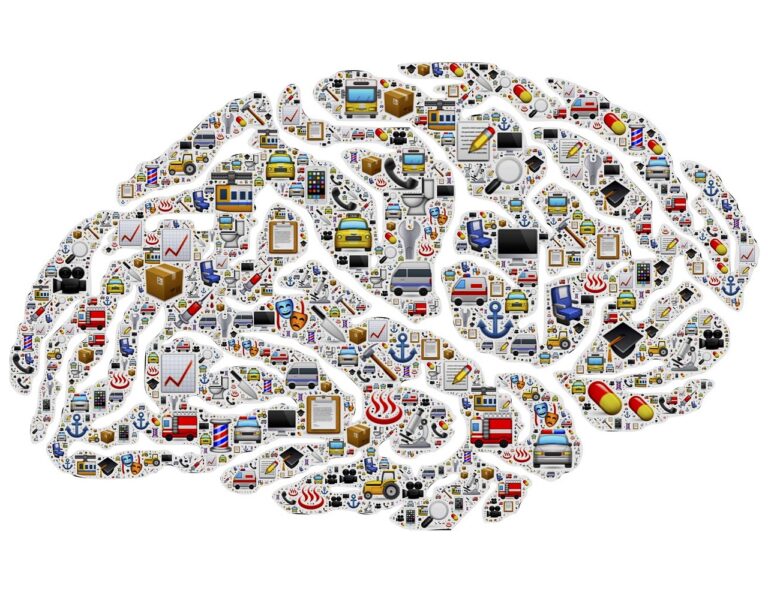American culture values self-sufficiency. We learn at a young age to only ask a teacher, coach or counselor for help when it’s critically and imminently needed. While encouraging independence is valuable, we need to place more emphasis on human interaction and the importance of seeking help.
Many people feel embarrassed to ask for help and think of help as a sign of weakness. Asking for help can make us feel vulnerable by showing others our weaknesses. But ironically, we only make ourselves more vulnerable to failure when we don’t seek help from others. So it’s critical to be self-aware and recognize when you need assistance – and seek it out. These exercises can help you identify when and how to seek help:
Step 1: Recognize your warning signs. Notice changes in your behavior, sleep cycle, energy and irritability levels. Be in tune with your body physiologically.
Step 2: Reflect on prior situations and find patterns. Is there a certain time of the year when you are particularly sensitive? Are these events related to challenges at work, anniversaries of the deaths of loved ones, or times when something traumatic happened to you?
Step 3: Prepare yourself. Create a list of people who you can seek help from for different situations (e.g., family, friends, mentors, doctors, specialists, etc.).
Step 4: Practice. Asking for help gets easier with practice. When something comes up, reach out to someone on your list. Even if you ultimately just need a sounding board for your own thoughts, practice the act of reaching out to others.
Step 5: Expand your network. This is generally most helpful for obtaining professional advice. Many successful people have had mentors throughout their careers and take great pride in paying it forward. You lose 100% of the chances you don’t take – so reach out and ask. The worst thing that they can say is no.
Although it may be uncomfortable for you to depend on others, it’s probably even more uncomfortable to face life’s challenges alone. Autonomy is important, but only with help will we emotionally, physically and psychologically survive and thrive.
